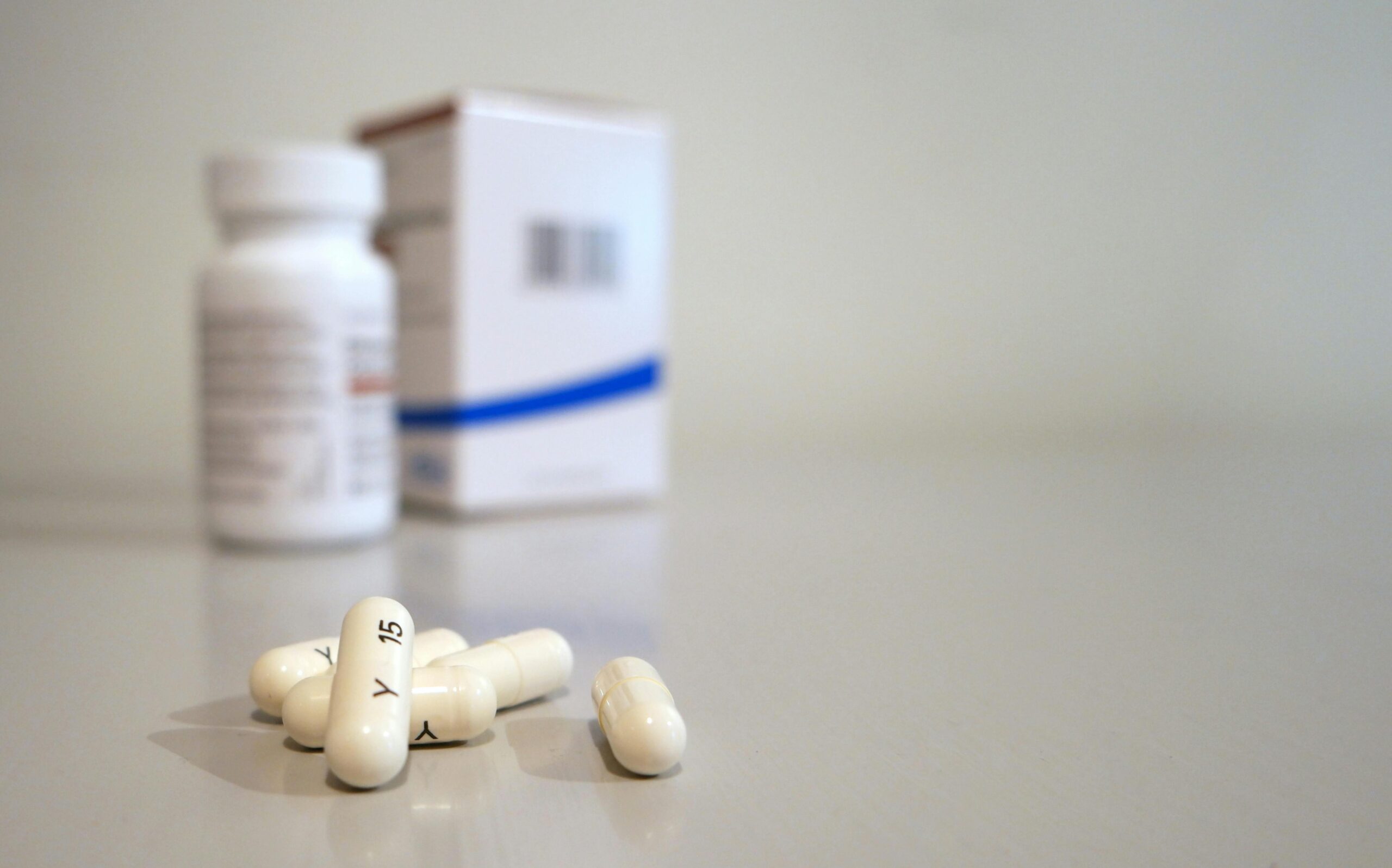
For many people struggling with addiction, recovery can feel overwhelming. Traditional methods like counseling and therapy are crucial components of treatment, but for some, they may not be enough on their own. That's where Medication-Assisted Treatment (MAT) comes in. At Keys Behavioral Health, we believe in offering a range of evidence-based treatments to give individuals the best chance at long-term recovery, and MAT has become a vital tool in that process.
Medication-Assisted Treatment (MAT) combines the use of medications with counseling and behavioral therapies to treat substance use disorders, particularly opioid and alcohol addiction. The medications used in MAT help alleviate withdrawal symptoms and reduce cravings, making it easier for individuals to focus on therapy and other aspects of their recovery.
MAT is not a one-size-fits-all approach. Instead, it is highly individualized, with healthcare providers carefully selecting the right medication and dosage for each person based on their specific needs and circumstances. This personalized approach helps ensure the effectiveness of the treatment while minimizing potential risks.
MAT can be used for treating various types of addiction, but it is most commonly associated with opioid and alcohol use disorders. Some of the most frequently prescribed medications in MAT include:
MAT has been shown to offer several significant benefits for individuals working to overcome addiction. Some of the most notable advantages include:
While MAT plays a crucial role in treating addiction, it is most effective when combined with counseling and behavioral therapies. At Keys Behavioral Health, we take a holistic approach to addiction treatment, integrating MAT with evidence-based therapies like Cognitive Behavioral Therapy (CBT), group therapy, and family counseling.
The goal of MAT is not just to treat the physical symptoms of addiction but also to address the underlying emotional and psychological issues that contribute to substance use. Counseling helps individuals develop healthier coping mechanisms, improve decision-making skills, and build a support network that strengthens their recovery journey.
MAT is not suitable for everyone, and the decision to use it should be made in consultation with a qualified healthcare provider. If you're considering MAT, your provider will conduct a thorough assessment to determine if this approach is appropriate for your situation.
Some factors that may influence the decision include:
At Keys Behavioral Health, we work closely with each individual to develop a personalized treatment plan that fits their needs, whether that includes MAT, counseling, or a combination of both.
Unfortunately, there is still some stigma surrounding the use of medications in addiction treatment, with some people believing that MAT is simply "replacing one drug with another." However, this misunderstanding overlooks the fact that MAT is a clinically proven, evidence-based treatment that helps save lives. The medications used in MAT are carefully regulated, and their use is monitored by healthcare professionals to ensure they are safe and effective.
MAT should be seen as one of many valuable tools in the recovery process, not as a substitute for personal effort or therapy. When combined with counseling and other forms of support, MAT can be a critical component of long-term recovery.
Medication-Assisted Treatment has transformed the landscape of addiction recovery, offering a lifeline to those struggling with substance use disorders. At Keys Behavioral Health, we believe in the power of MAT to help individuals regain control of their lives and achieve lasting recovery. By combining medications with comprehensive counseling and support, we provide a compassionate and effective path toward healing.
If you or a loved one are considering Medication Assisted Treatment or want to learn more about our addiction treatment services, contact us today. We're here to help you every step of the way.